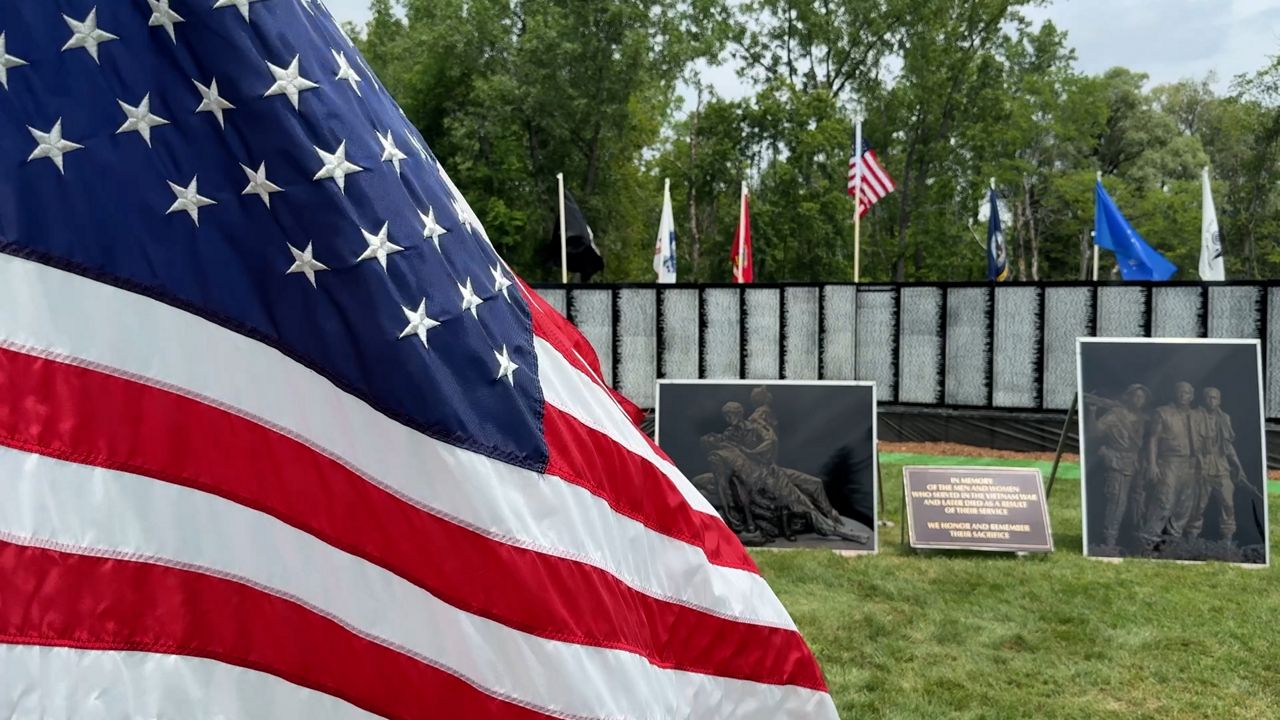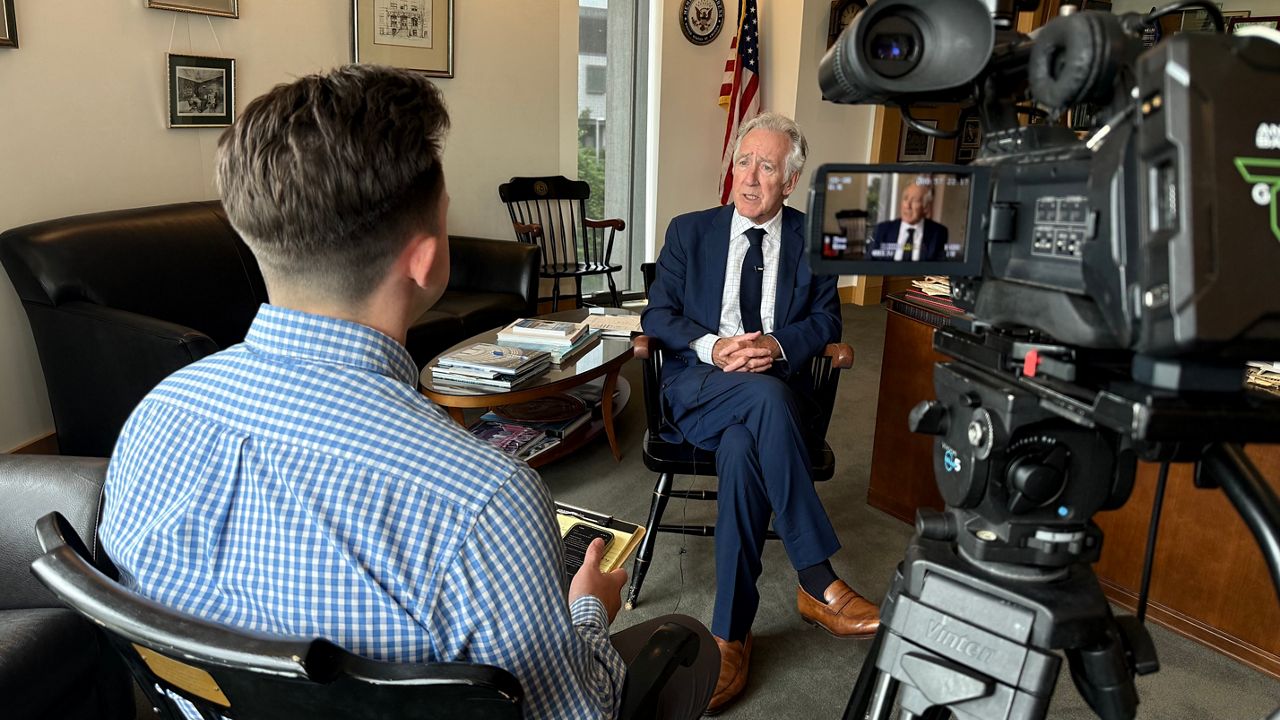SUTTON, Mass. - Massachusetts is one of 16 states suing the Trump administration over plans to allow the sale of forced-reset triggers for semi-automatic guns and return firearms already seized to their owners.
Ronald Tetreau owns Founding Fathers Tactical and Shooting Supplies and works to educate interested gun owners. With a regular semi-automatic trigger, he explained the trigger is pulled, the round is fired and the bolt carrier group comes back.
“It's going to reset," Tetreau demonstrated in his shop. "It's going to set the trigger. But the trigger, I would have to press the trigger again. So, the way a regular trigger resets, I have to move my finger forward for the trigger to reset.”
A Forced Reset Trigger brings the trigger back to the non-firing position where the shooter has to pull it again to fire another round.
“The most important thing to understand is that a force reset trigger is not a fully automatic trigger device," Tetreau said. "And it's been clearly litigated that it's not that and all it does is reset the trigger. That's why they call it a force reset trigger.”
As of May 16, 2025 the Trump administration is once again allowing the sale of forced-reset triggers. While the device allows semiautomatic rifles to shoot faster, the manufacturer Rare Breed Triggers argued the federal government had been mis-classifying FRTs until last month’s settlement with the department of justice.
“A fully automatic firearm is when I pull the trigger, it fires until I let go of that trigger, meaning either I run out of ammunition and the bolt locks to the rear, or I let my finger off the trigger and I stop firing," Tetreau said. "The force reset trigger, it just forces the trigger to reset. So, I still have to press the trigger each time. So, in that definition alone it's not fully automatic.”
Now Massachusetts Attorney General Andrea Campbell joins 15 other states suing the Bureau of Alcohol, Tobacco, Firearms, and Explosives over their plans to allow the sale of the device and return previously seized guns.
“Part of the settlement was that anyone that had a force reset trigger and had it seized by the federal government or the ATF, they were going to get those triggers back," Tetreau said. "That's personal property. They paid for that. They bought it legally at the time. And then the government came in and said, 'Those are illegal, we're going to take those away.' And, you know, now this settlement says they're going to get that back.”
And while Attorneys General, including Campbell argue saying, 'Weapons of war and tools of mass destruction like FRTs have no place or purpose in everyday society…', the federal government has ruled the device is legal once again… and Tetreau says it’s now on gunowners to be responsible.
“They should train with it as with any other device. But it's perfectly legal," Tetreau said. "If trained properly, absolutely. You could probably shoot more efficiently, faster. But that, again by the definition, is not a fully automatic trigger device.”









